Marathon feels like a good extraction shooter, but it's not free-to-play, and I hope Sony and Bungie don't price it into an early grave
Marathon needs to be both: good and affordable
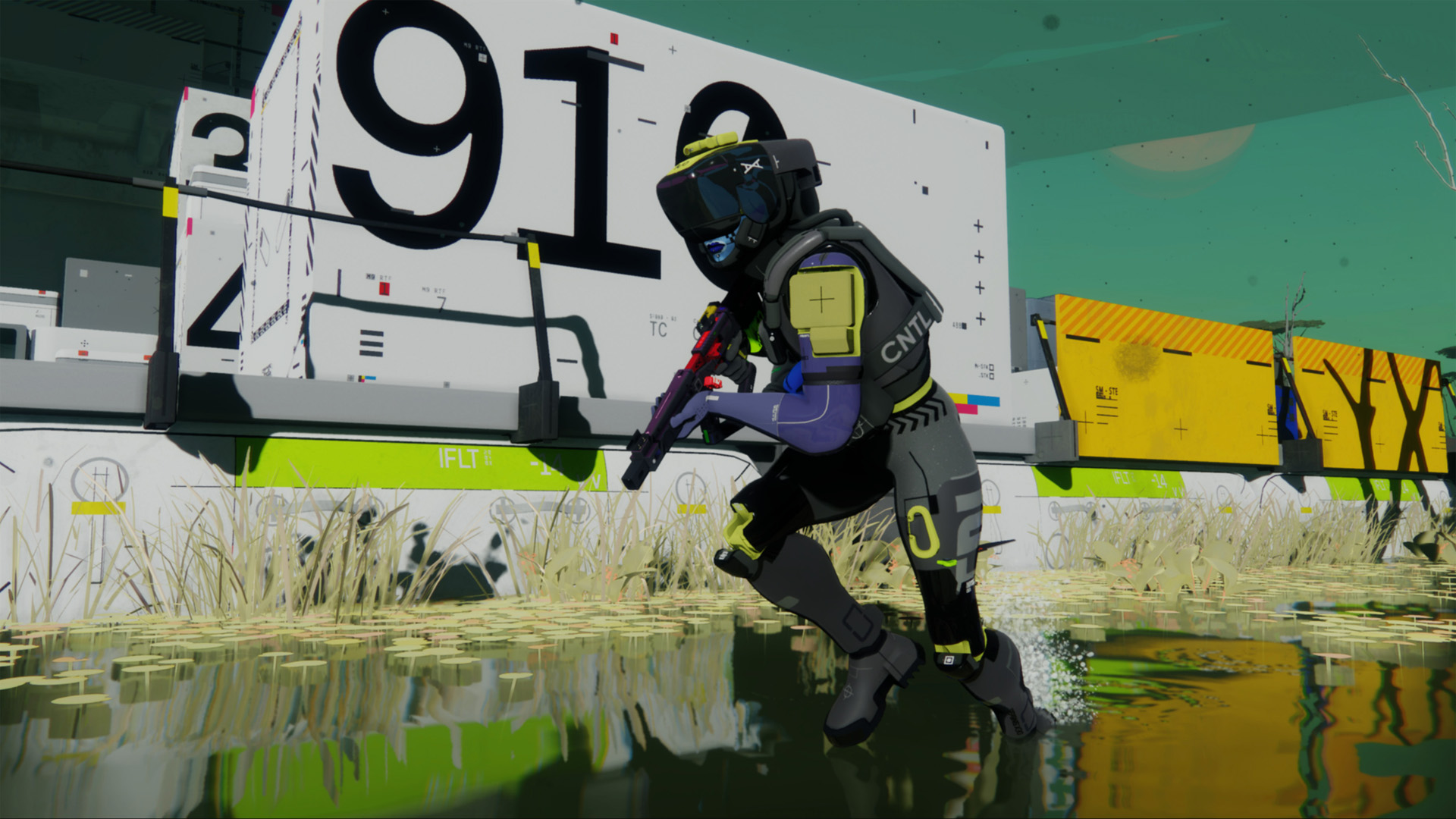
Between disconcerting development reports and a volatile industry, I admit I've been kind of pessimistic about Marathon for a while. Compared to hero shooters and battle royales, extraction shooters have built a relatively small but loyal market – a hard space to break into. The genre is designed around commitment and putting down roots. Bungie is an FPS elite with mountains of live service experience, but it hasn't been a PvP powerhouse in over a decade, and this genre has spat out the bones of plenty of other games already.
My Destiny 2 friends and I have repeatedly exchanged worries about whether Marathon might just beef it Concord-style. So I was encouraged to learn for myself, in an eight-hour Marathon hands-on preview, that this game has potential. It plays well – really well. It's probably the most polished extraction shooter there is. But that's just evaluating it as a shooter; as a thing that people are expected to buy and play for a long time and eventually put money into again, Marathon has big questions to answer.
A premium game
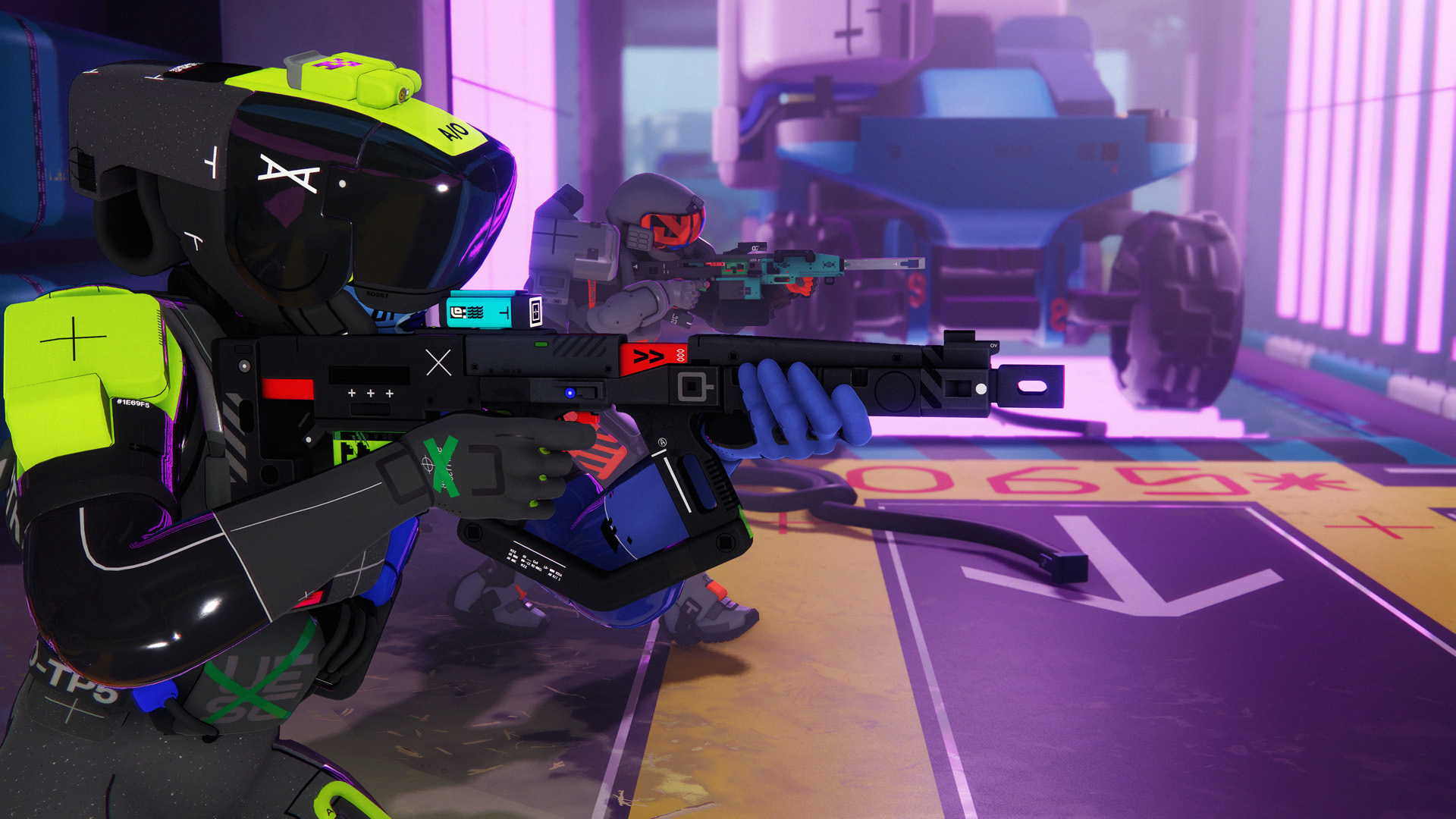
Marathon will not be free-to-play, which is the most unsurprising surprise I've had in a while. It's taken several years and a whole load of money to make, so I'm not shocked that Bungie, quite accustomed to premium pricing since it's kept afloat primarily by Destiny 2 expansion sales, or Sony, still reeling from the Concord flop and doubtlessly eager to see its Bungie acquisition blossom, wants some recoup up front. Yet the idea of a new game entering this space with a premium price tag – we don't know the exact price at the time of writing – brings us back to those questions.
I don't think premium pricing is a death blow. Well, $70 might be. But Marathon doesn't have to be free. Lots of extraction shooters aren't free. Escape from Tarkov, widely regarded as the cornerstone of the genre, is $50 at base and scales all the way up to $250 devotee editions which it can sell precisely because it has devotees. Hunt: Showdown 1896 is $30. Hell, the extraction-y RPG Legacy: Steel & Sorcery is $25 in early access and has thousands of reviews on Steam after a few months. The list goes on. But Marathon is not just competing with extraction shooters. It wants to be "the next hit PvP experience," Bungie said in a presentation. It's also competing with free and established giants like Warzone, PUBG, Valorant, and Apex Legends.
The most relevant genre-agnostic examples might be Helldivers 2 and Concord, two $40 games that demonstrate the two extremes on the gradient of live service releases, and the precariousness of Sony's ambitions. Helldivers 2 was lightning in a bottle and it ran away with 2024. Concord was a message in a bottle, adrift in a sea filled with much more interesting and cheaper messages, and it whiffed so hard that Sony un-released it.
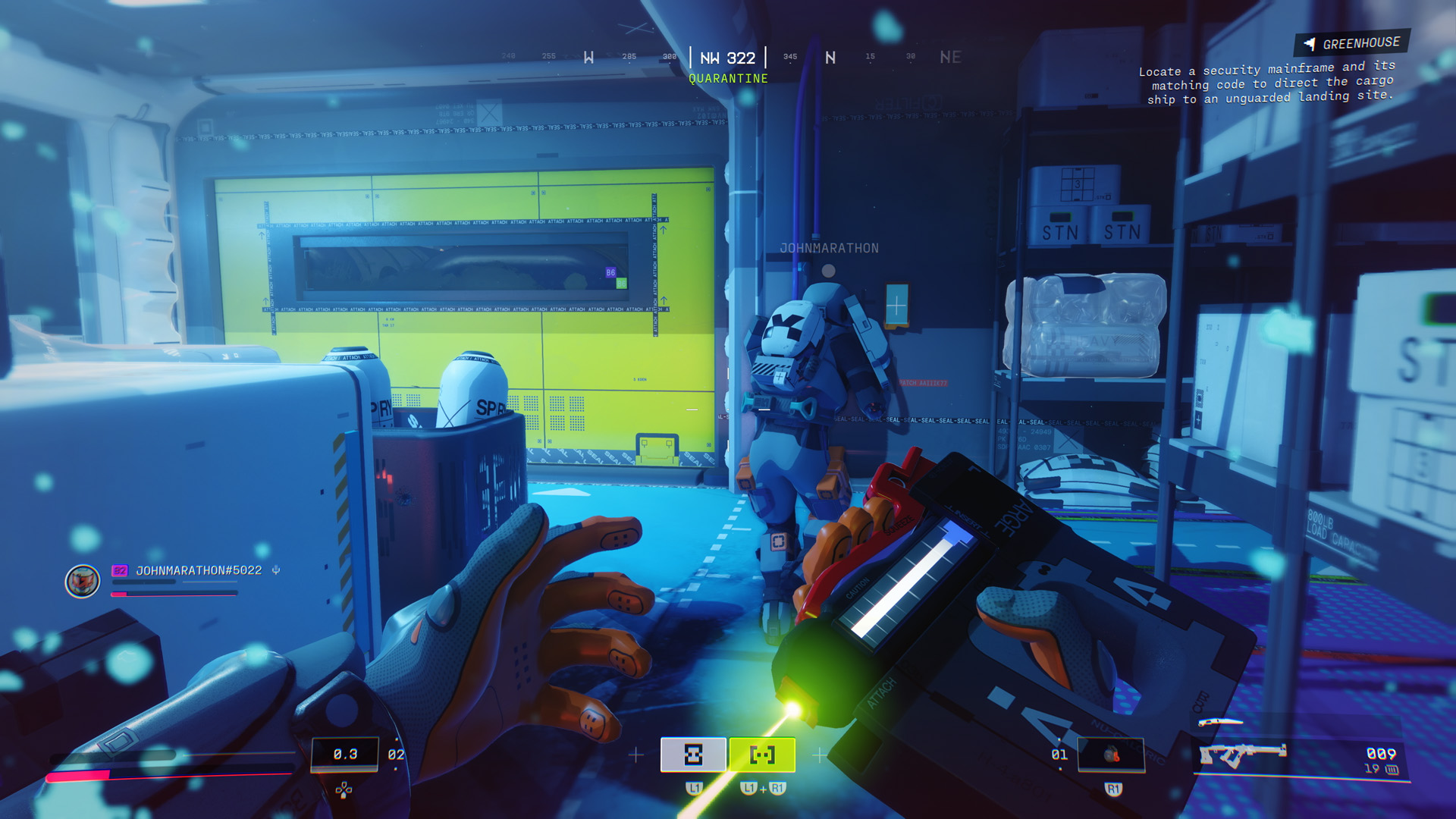
It's not about genre when it comes to competition. Helldivers 2 is a clever PvE fascism sandbox while Concord was a serviceable, but forgettable and anemic PvP shooter. All of these games are competing in the economy of time, with many also in the cutthroat arena of PvP. I think it's about cost and expectations. People happily pay $40 for Helldivers 2 because it absolutely rocks, and it helps that its other monetization is not invasive. Concord rolled up with a worse and more expensive product that predictably cratered.
And yet, when it comes to Marathon, it is also about genre. Extraction shooters are brutal. They're demanding. They're niche. They are not as big as the battle royales and hero shooters of the world for a reason. You have to love the pain. Many of the biggest live service games in the world have determined that it's better to make the game free, flood the zone with players, and find a way to monetize them in the long run. Yet Marathon, a brutal and demanding and potentially niche game that wants to be the next PvP hit, is charging for the privilege of getting your ass kicked – Bungie expects less than half of Marathon sessions to end with a successful extract – and the agony of losing all your stuff.
Sign up to the GamesRadar+ Newsletter
Weekly digests, tales from the communities you love, and more
Marathon strikes me as exactly the type of game that wants to be free-to-play so that players are more willing to try it and see if it's good. (Maybe pre-release play tests will help onboard people?) And Marathon is good, at least so far. I want to play it, and I'm not a PvP-coded person. Bungie has some of the best artists and gunsmiths in the business – though I've certainly had Some Questions for Destiny's economy and PvP teams over the years – and Marathon proves this once again. Like Helldivers 2 and unlike Concord, it has cleared the first quality hurdle. It's well on its way to justifying a premium price, whatever that magic number may be.
And a marathon indeed
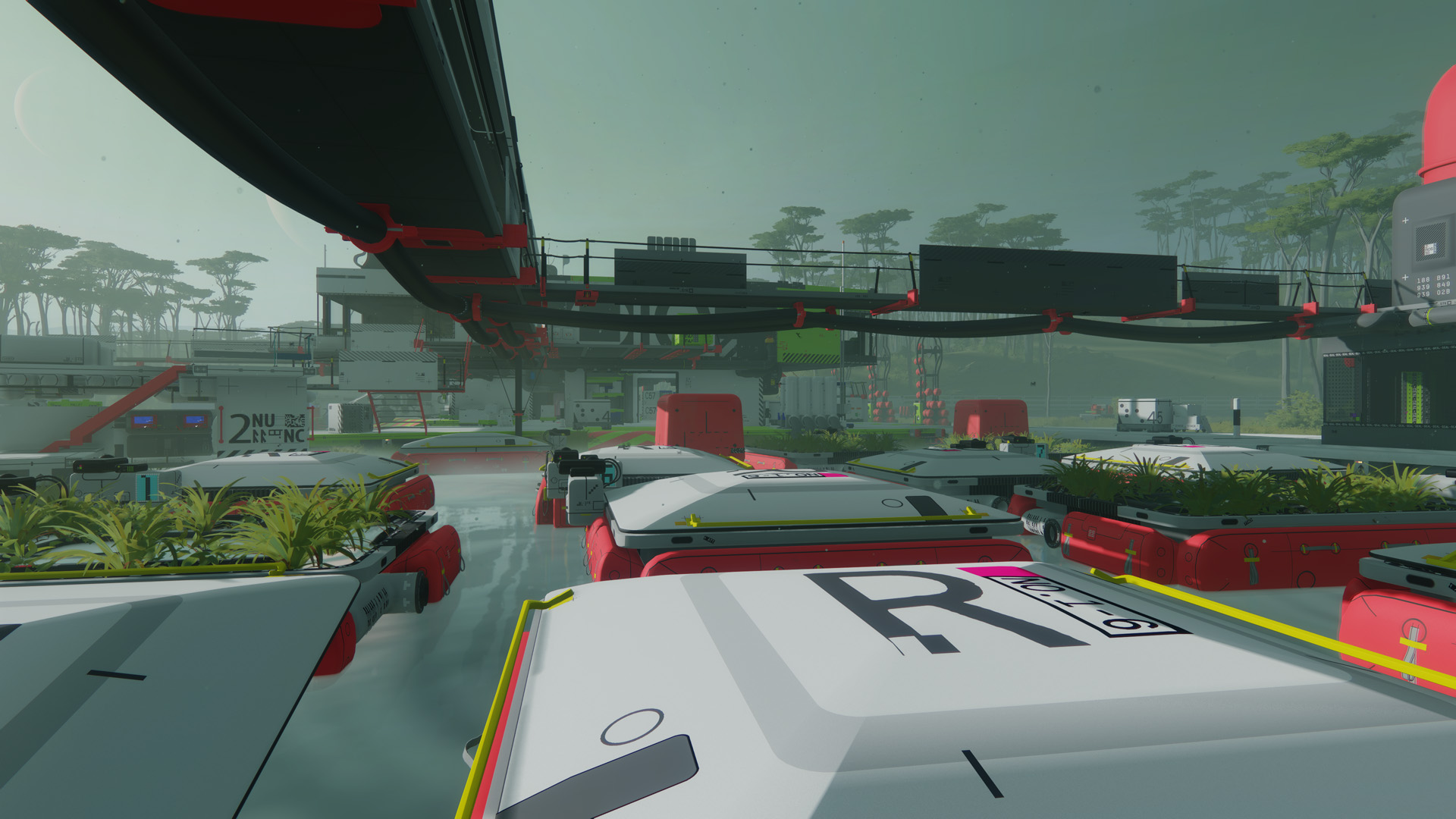
But how will people see Marathon? Will they see a sterling FPS experience that's worth the money even in a year where game prices are rising and the global economy is stretched taut by inflation? Or will they see a game with six playable characters and three medium-sized maps – a fourth, fancy map with "raid-like" mechanisms will come weeks after launch, per game director Joe Ziegler – where a common experience is dying and feeling sad about losing all your stuff?
Will people see Bungie as a peerless shooter powerhouse and pioneer of not just core FPS principles, but also the live service playbook that many games read to this day? Or will they see Bungie as a studio that, in a decade, hasn't released anything other than an oddball FPS MMO that charges $20 for many cosmetics, has deleted massive chunks of its own content, is as new player-hostile as you can get without deploying bear traps, and has PvP known not for its legitimately fantastic gameplay, but often for content droughts and routine squalls over game balance and anticheat and reward cadence and map variety? Will people, enough people to fuel the next PvP hit in a notoriously brutal and demanding genre, pay $20 or $40 or however much for that?
To be fair, Marathon has already solved some of Destiny's PvP problems. It has fully dedicated servers. It has total disconnect protection, letting you reconnect to any in-progress game (though it won't log you out server-side as I understand it). It has full crossplay and cross-save, which is always nice. It is also using BattlEye anticheat, and Bungie seems more confident that it can stay on top of cheaters. Marathon has a lot of overlap and knowledge sharing with the Destiny team, but a lot of new blood and creative freedom too. PvP is a side dish in Destiny 2, but it's the backbone of Marathon, and Bungie does seem ready to deliver better support on every level. It certainly needs to be.
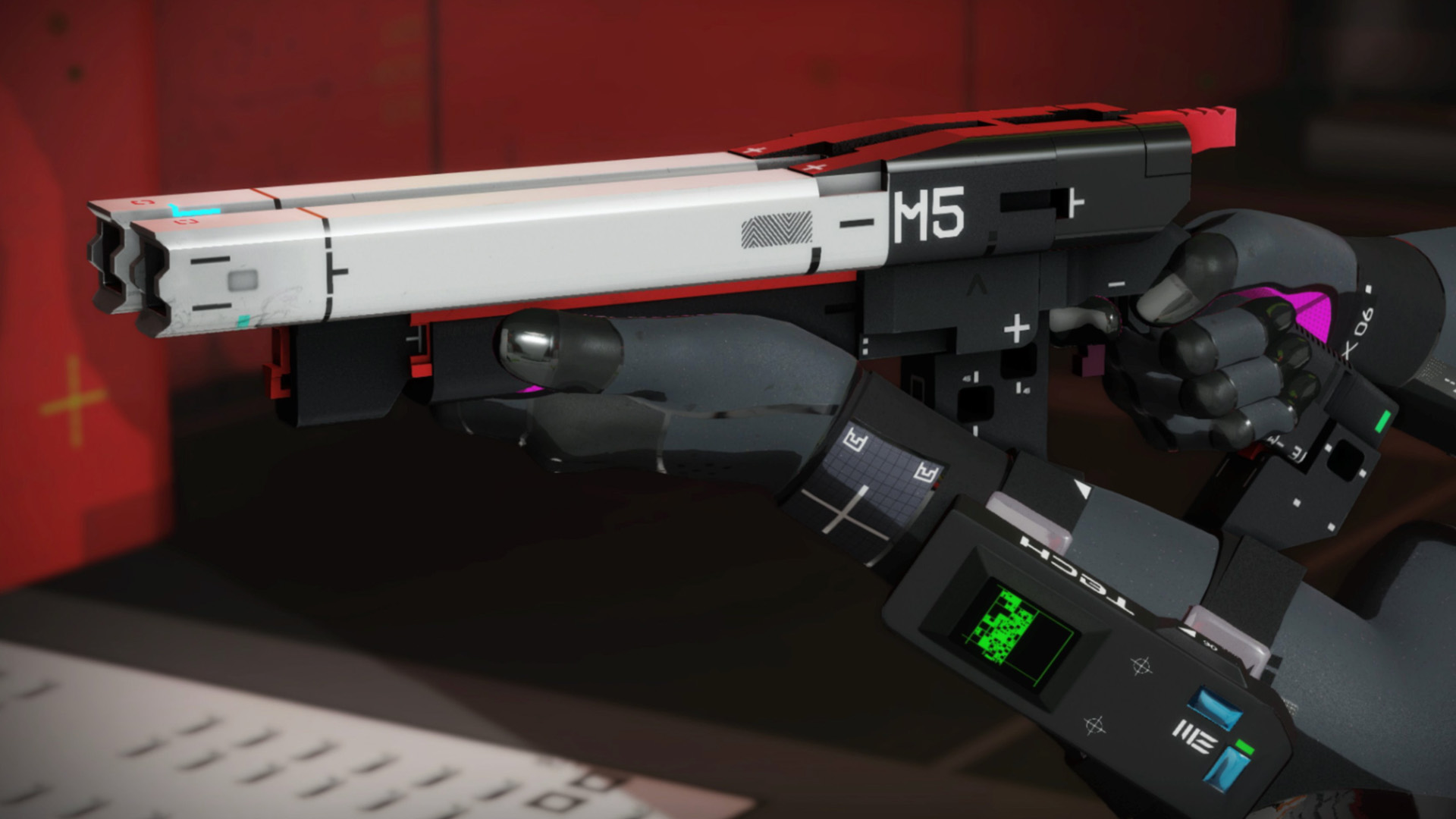
Marathon needs to get out of its own way, not just with that up-front price, but with the monetization to come afterward. There's already been talk of battle passes, seasons, and cosmetics in Marathon. We don't have specific prices here either, but Destiny 2 does not set the most encouraging precedent. This is where genre stops mattering again. People will, rightly, look at how expensive and how available battle passes and cosmetics are in competing games. If the math ain't mathing, that's just another reason they may skip Marathon or, if they are playing it but just choked down a painful death, load up another game and never look back.
Marathon genuinely feels amazing, but by design it has so many potential exit points, and there's a risk of pricing compounding them. I hope Concord scared the shit out of Bungie and Sony. Even good games can just die, often in a matter of weeks. As someone who's always interested in what Bungie is doing, I do hope Marathon is good, accessible, and affordable enough to find its audience, because I think it could have one. I hope it blows all these doubts and fears away and becomes a fun thing for me and my friends to play. That possibility is real, too. But until we have all the specifics, I'll be fighting that pessimism.
Here are all the big new games of 2025 and beyond.

Austin has been a game journalist for 12 years, having freelanced for the likes of PC Gamer, Eurogamer, IGN, Sports Illustrated, and more while finishing his journalism degree. He's been with GamesRadar+ since 2019. They've yet to realize his position is a cover for his career-spanning Destiny column, and he's kept the ruse going with a lot of news and the occasional feature, all while playing as many roguelikes as possible.
You must confirm your public display name before commenting
Please logout and then login again, you will then be prompted to enter your display name.


